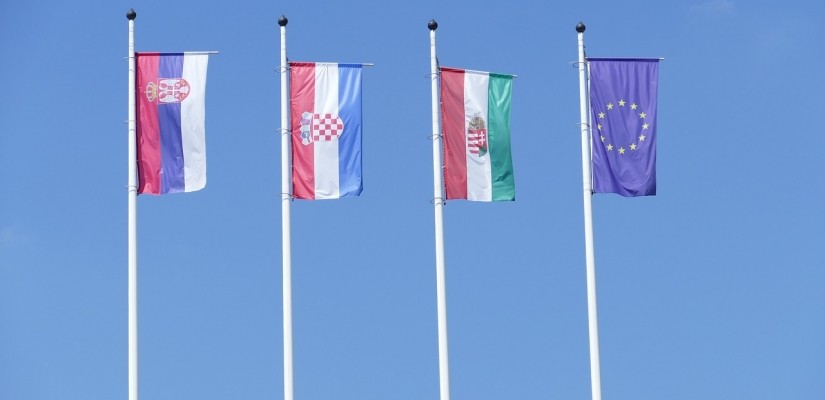
The European Union is warning Balkan countries seeking accession into the bloc against alignment with China and Russia. These two countries have received heavy praise for sending doctors and medical supplies to Bosnia-Herzegovina and Serbia in March, while the €3.3 billion ($3.6 billion) in aid from the EU received far less attention. Through a virtual summit on May 6, 2020, leaders of the 27 EU member states met with the heads of Serbia, Bosnia-Herzegovina, Kosovo, Montenegro, Albania, and North Macedonia to re-encourage interest in EU accession and address deteriorating relations.
Of the Balkan states, Croatia and Slovenia already maintain EU membership. Serbia, Montenegro, Albania, and North Macedonia hold candidate status, while Bosnia-Herzegovina and Kosovo are potential candidates. Although a candidate for EU accession, Serbia has a long history of partnership with Russia, complicating its accession process. Some prominent Serbian voices have been critical of the EU while praising efforts from Russia and China. Serbian President Aleksandar Vucic has publicly thanked President Xi Jinping and the Chinese people for their support amid the coronavirus pandemic. Furthermore, the Serb member of Bosnia’s tripartite presidency, Milorad Dodik, has praised Russia for its assistance and criticized Brussels for initially limiting exports of medical aid to non-EU members.
For years, Balkan countries like Serbia and Bosnia-Herzegovina have been a battleground for influence, affecting politics, development, energy policy, and a variety of other factors.
